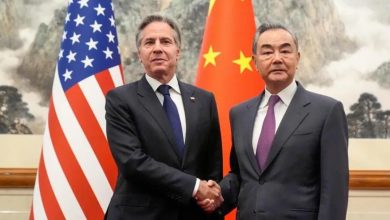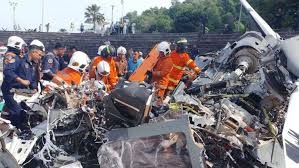Nawaz Sharif led PML-N return to power in Pakistan
Islamabad: PML-N chief Nawaz Sharif has made a triumphant return to the centre stage of Pakistani politics at a time when the country is bedeviled by immense problems ranging from a tanking economy, corruption to Taliban insurgency.
The PML-N is now comfortably placed to form a coalition government, setting up an unprecedented third term as premier for Sharif who is set to return to power at a time when Pakistan is facing several major challenges, including growing extremism, a strong Taliban presence in the country’s northwest, rampant corruption, uneasy relations with the US ahead of the withdrawal of foreign forces from war-torn Afghanistan and an economy that has virtually been in free fall for the past few years.
“He is also a practical politician who understands that he cannot wish away the importance of the army. They will learn to work together,” Farrukh Pitafi, a columnist and talk show host, said.
“The perception that the civilian government and the military cannot work together is totally misplaced. The army is a prudent institution that understands it has to work with every elected political government,” he said. And while the PML-N is also set to return to power in Punjab – Pakistan’s most populous province that has more than half the seats in the Lower House of Parliament – Sharif will have to walk a fine line in handling inter-provincial relations as Imran Khan’s party will be in power in the restive northwestern province of Khyber-Pakhtunkhwa while the PPP is set to form government in southern Sindh province.
Over the past two years, the PML-N launched several populist programmes, including distributing laptops to students and giving away new taxis, and during his campaign, Sharif promised new infrastructure projects like bullet trains and major highways.
Analysts, however, believe Sharif will be hard pressed to find the funds for such schemes. Over the past five years, the government has been widely accused of economic mismanagement. The country has remained stuck in a cycle of low growth and high inflation, unable to create jobs for the two million people who enter the employment market annually.





